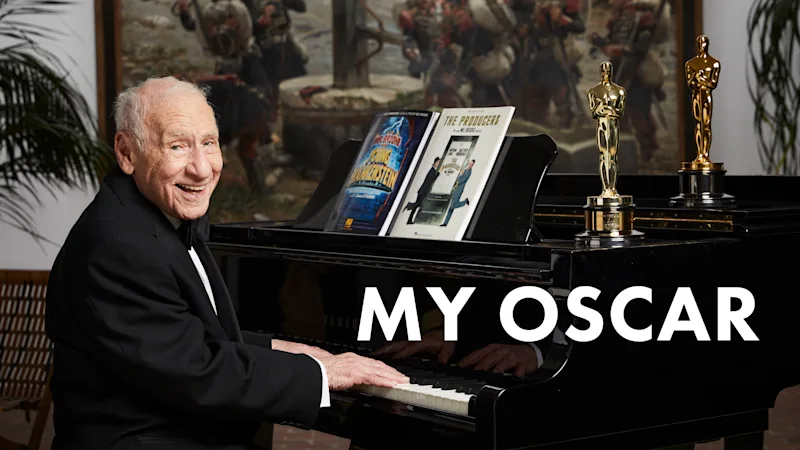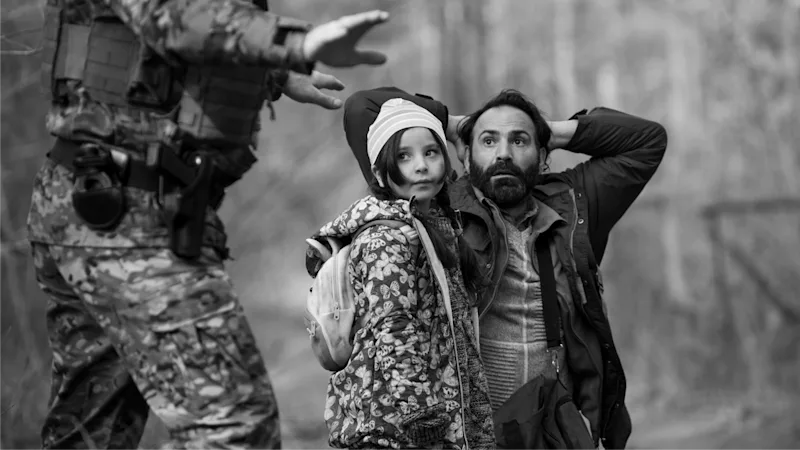Quiara Alegría Hudes is the screenwriter behind In the Heights, now in theaters and on HBO Max. She also wrote the book for the Tony-winning musical of the same name. In 2012, Quiara won the Pulitzer Prize for Drama for her play Water by the Spoonful. Take a look at the five films that most resonate with her here.
As told to A.frame...
I come from a matriarchal family, so that lens means a lot to me. I’m also very interested in community stories as opposed to a story that has one clear central hero. My plays are like this too, even my memoir is like this, where it’s about how people are connected, where character happens. I am interested in elders and young people sharing space together and how they prop each other up and what sort of conflicts arise around there, too.
Writing with music
I played music all my life and I wrote all my life. When I got to college, I majored in music composition, but they wouldn’t let me study Latin music. It was a very Western-based department, so they just didn’t have any faculty. The only way I could get away with it was: I wrote musicals junior year and senior year that both featured Latino plots, and I was like, “Well, I have to write Latino music because that’s the plot of the musical I’m writing.” Playwriting became an excuse for me to be more culturally grounded in the music I was working on in college. It’s how I met other Latino artists at Yale, which was wonderful, and honestly very refreshing because it was a small community there.
We gathered around creating these musicals, and then I actually took more to the writing. I felt a very clear purpose once I started writing. I thought, “I have been privy all my life to these amazing stories of my elders, my relatives, and they’re not in popular culture yet. They’re not on the high school syllabus yet. They’re not on the library shelf yet. I have something special I want to share.”
I don’t think there was a moment of my musical education, or life, that was wasted on writing. When you get to a point in the play where you finish this amazing big, dramatic, long scene, what do you write next? Well, let me listen to a Schubert sonata. Let me listen to a Juan Luis Guerra album, Bachata Rosa. What do they put after the big dramatic song? What’s the vibe? Okay, let me write a theme with that vibe. It’s really helpful. It gives dramaturgical structure. For the momentum of a longer piece, I find I use the music all the time.
The Road to 'In the Heights'
I had been writing plays in the Latino community in Philadelphia, so when I moved to New York in 2004, I had a reading of a play about a community that is not exactly like Washington Heights, but a version of it. It was more Puerto Rican for me growing up. Washington Heights was more Dominican. A producer saw this play reading of mine and said, “I know a songwriter and he’s looking for a playwright. I think you guys might have some stuff in common.” I had never heard the name Lin-Manuel Miranda, nor had most of the world—and the rest was history.
[Our collaboration was] very playful, very joyous and fun, because that’s Lin’s energy, that’s my energy. We get together and we’re like, “Okay, what are we going to make today?” But it also felt, at times, like doing a 5,000-piece jigsaw puzzle where every piece is the same color. There are so many details, and every detail you change has a domino effect on other things, or makes other things outdated.

I inherited a script and a score from him that he had been working on in college. Usually, when I start writing a play, I conceive of the foundation; I dig the foundation, I build the foundation. But here, he had already built the building and he wanted to change it significantly. It almost was like rebuilding an entire skyscraper, one brick at a time. You take one brick out, you put a new one in, and you keep doing that until the building is new.
That was my main concern when I first met him. I said, “This is your vision, and your vision is strong, and I don’t know where I fit in. I don’t want to stomp on someone else’s vision.” And he said, “Good, you don’t have to. Bring your vision, please.” He wasn’t looking for someone to be a yes-man and do his detail work. He was looking for me to bring my full self. He had faith that his full self and my full self could exist together in peace. And that’s when I said, “Okay, let’s try. Who knows what it’s going to end up being.”
From stage to screen
I have been professionally playwriting for 15 years, and the thing that film allows me to do is to take a close-up, which you can’t do onstage. The ability to get that close to a detail, that close to a facial expression, it was a wonderful creative freedom. I did a lot more interior scenes because you can’t really be changing the set all the time onstage. In the film, we could go inside Abuela Claudia’s apartment and actually see her lift the lid from the pot, see the steam curl. You could see what kind of olives she uses in her ropa vieja, you could get to that level of material life.
That offered me a new palette to work with. [Director] Jon Chu and I thought, “Okay, how small can we get this? How human and detailed can we get this?” But also, at the same time, “How huge can we get this?”

To be working on the little detail, like literally choosing the olives, at the same time that you say, “Okay, we need hundreds of dancers for the pool.” That was wonderful. You can’t really go to those extremes onstage quite so easily.
When the producers were asking me questions like, “How do we word the casting call?”—at the time, I was just the screenwriter, and also the playwright of the original piece. It became clear to me that I wanted a role that was more involved. I wanted to help them make design decisions. I wanted to be on those location scouts. I wanted to be in the casting rooms. Especially as a Latina, I felt that, while I didn’t have a lot of film experience, I knew my cultural and artistic experience would be a valuable voice in the room. That’s when I came on board as a producer.
As an audience, as a readership, what I hope people take away [from my body of work] is that they add their story. I feel like each time I write, I want it to be a dare or an invitation to other creators to keep adding our stories to the bookshelves, to the screens, to the Broadway stages. Keep adding more and more and more.
Photos courtesy of Warner Bros. Pictures.








